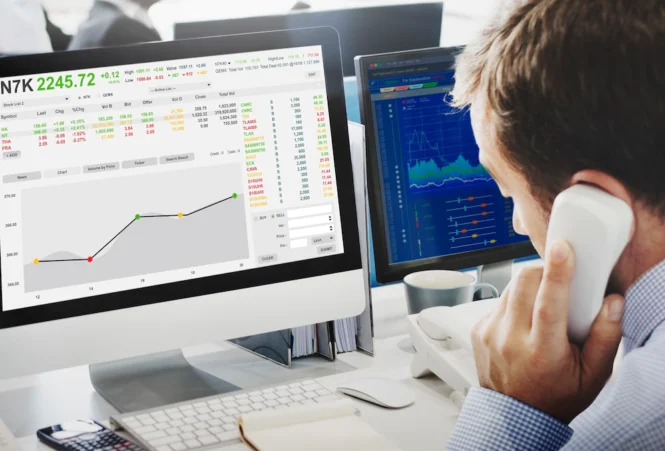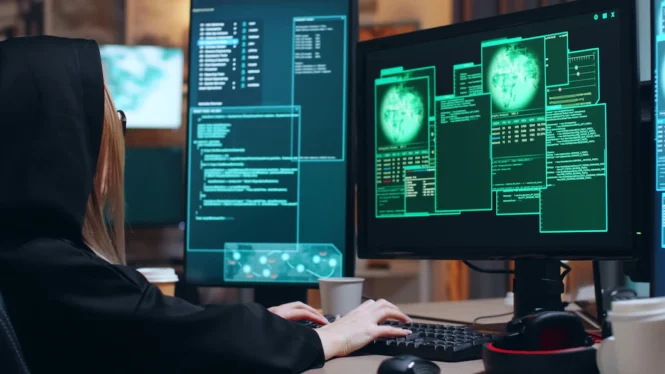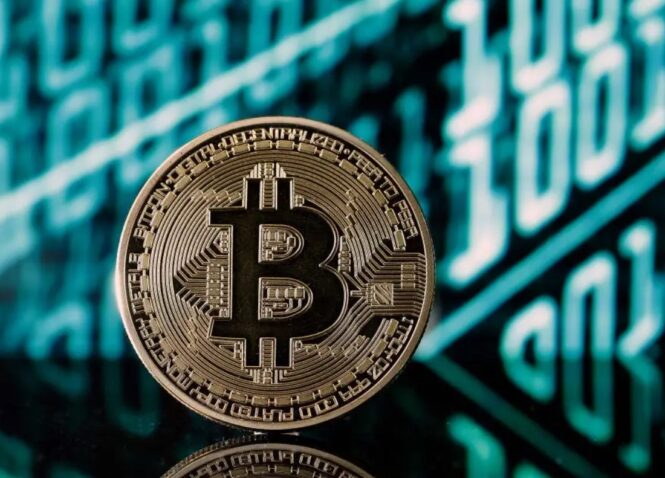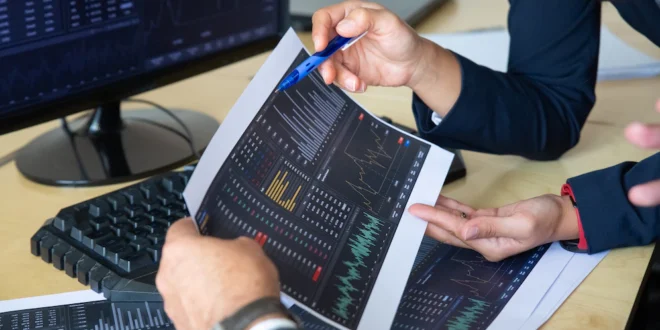For many, there is an accepted and established notion that cryptocurrency trading is highly risky and that cyber criminals are out there waiting for you to make a mistake.
This has been particularly relevant in 2024 as we have seen a number of emerging crypto fails, attempted fraud, and losses of investor confidence. This article will detail exactly how safe or unsafe this form of trading and investment is and will aim to clarify that crypto is indeed safe and secure as long as you follow certain guidelines and understand the risks.
The inherent risks in crypto investment and finance

There are risks inherent in any financial transaction, and thus an element of trust is expected as well as the fact that both parties would have done their research and background reading.
Investments of any nature, regardless of the currency used to purchase, are always at some risk. Values can improve and change on an ongoing basis based on market sentiment and the overall demand and perceived value of the various currencies and investments. Losses or reduction in the capital amount invested is always a possibility, and there can be no guarantees or certainty that your specific investment will indeed yield the expected returns. Cryptocurrencies are no different in this regard. You should thus start any crypto journey from this premise and understand that there will be risks associated with any purchase based on the possible market fluctuations, investor sentiment, and overall prevailing economic conditions because this is simply just part and parcel of investment.
Then there are supplementary factors to be aware of, and as long as you are operating online, then you should also expect that there are undesirables and criminals in this space. So cybercrime is another factor to consider when looking at the overall safety of crypto.
Cybercrime

Cybercrime is one of the fastest-growing forms of illicit business and crime on the internet, and the amount of money lost to this form of crime is incredible. In 2024 Americans lost $6.9 billion to internet crimes. It has always been with us from the very early days of the internet, and initial cyber theft was all about password hacking and theft of data and information.
Very little has changed, and as technology improves, so too do the systems and tactics used by cybercriminals. Again, it should be realized that cybercrime is everywhere, and with criminals looking to get their hands on your personal details, bank details, and any of your business and banking data, you need to be aware and protected if you are conducting business of any form in the online space.
Cryptocurrency crime

There has been an emerging train of thought that suggests cryptocurrencies have been responsible for the increase in cybercrime as these criminals now look to target what is one of the most valuable financial systems on the internet. This is a misnomer, and it should be expected that as a new sector emerges, cybercriminals will be keen to exploit any weaknesses and opportunities for illicit gain.
There is also a noted fear in the sector that crypto can be used for dark web transactions and has allowed a network of financially astute online crime organizations to trade, exchange money, and purchase illegal goods. This, however, is a very small percentage of the overall transactions, which it should be remembered, are all tracked and recorded in the blockchain technology.
Lastly, the lack of a centralized regulatory or banking authority has always provided the crypto haters out there with a litany of reasons for crypto to be unsafe. The total opposite has been proven to be the case in that the peer-to-peer system with checks done at each stage of the transaction has proven to be beyond reproach. As long as the processes and procedures are followed as advised, then the transaction, recording, and approval of a crypto transaction are as safe as can be.
Crypto crime does indeed exist as a category of cybercrime, but it is arguably very much under control and has been pretty much non-existent for the well-established cryptocurrencies and NFTs.
Crypto safety

The Blockchain system used to support established crypto and NFTs is such that once something is added to the ledger and agreed upon through the peer-to-peer system of validation, it cannot be changed and, as such, reduces the chances of fraud.
The issue, however, is to ensure that all those who use the cyber currency of their choice are able to follow the suggested safety precautions:
• Volatility – Know your cyber currency rates and track the currency volatility to know exactly where you stand in terms of your investment. You can use a site like OKX.com to check the daily changes as well as conversions rates and a weekly assessment of changes.
• Safe keys – Keeping your public and private keys (passcodes) to access your e-wallet or trade in cyber currency is one of the main ways to ensure safety when dealing in crypto. Just make sure that you stick to using known e-wallets and keep all passwords safe.
Phishing, data theft, and breaches – The first step is to keep your crypto investments to yourself. The fewer people that know, the better. Then you need to mitigate against the known and understood cyber-crimes such as phishing; no one should be given your details for any reason whatsoever unless it is authorized and approved.
Conclusion
It would thus suffice to say that cryptocurrencies are some of the safest means of transacting. However, there are a few provisos, namely that you should ensure that you have done your research or so-called due diligence and that you choose the cryptos that have a well-established reputation. Finally, it is not crypto that is specifically at risk of cyber-crime or crypto-crime, or even more vulnerable, as some writers would have you believe. It is simply a new target for the cybercriminals out there, and as such, as with any other online and metaverse-based activities and business, you should understand the risks and prepare in advance to protect your online space and the activities you choose to do therein.
 Imagup General Magazine 2024
Imagup General Magazine 2024



